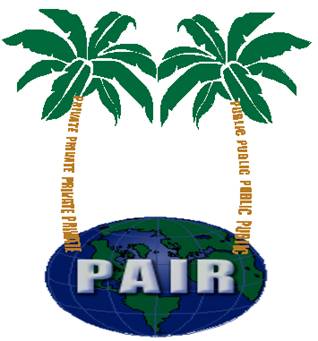What is a patent?
A patent is a
legal right granted by the government to the inventor of an invention, which
allows that inventor to prevent others from using the invention (in other
words, the patent owner has a monopoly over his invention). Specifically, for a limited amount of time (currently 14 or 20 years, depending
on the type of patent), nobody can make, use or sell the invention within the
United States without the patent holder’s permission. After that limited
amount of time, the patent passes into the public
domain.
But because an
inventor gets this monopolizing right, he is required to fully disclose
information about how to make and use the invention. The actual paper
patent includes this information, and once it is issued, the patent is publicly
available so that the public can access and learn from it.
For example, suppose
you get a patent for a doohickey. For 20 years, nobody else in the United
States can make or sell doohickey’s without your permission. However, anyone
can find out how to make and use the doohickey because the patent itself will
be made available by the government.
.



















 Posted in:
Posted in: 





















